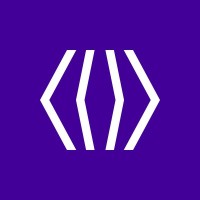
IDEMIA
IDEMIA Group unlocks simpler and safer ways to pay, connect, access, identify, travel and protect public places. With its long-standing expertise in biometrics and cryptography, IDEMIA develops technologies of excellence with an impactful, ethical, and socially responsible approach. Every day, IDEMIA secures billions of interactions in the physical and digital worlds. IDEMIA Group brings together three market-leading businesses that enable mission-critical solutions: • IDEMIA Secure Transactions is the leading technology provider who unlocks safer and easier ways to pay and connect. For more information, visit www.idemia.com/business/idemia-secure-transactions • IDEMIA Public Security is a leading global provider of biometric solutions that unlock convenient and secure travel, access, and protection. For more information, visit www.idemia.com/business/idemia-public-security • IDEMIA Smart Identity leverages the power of cryptographic and biometric technologies to unlock a single trusted identity for all. For more information, visit www.idemia.com/business/idemia-smart-identity With a global team of nearly 15,000 employees, IDEMIA Group is trusted by over 600 governmental organizations and more than 2,400 enterprises in over 180 countries. For more information, visit www.idemia.com and follow @IDEMIAGroup on X.






